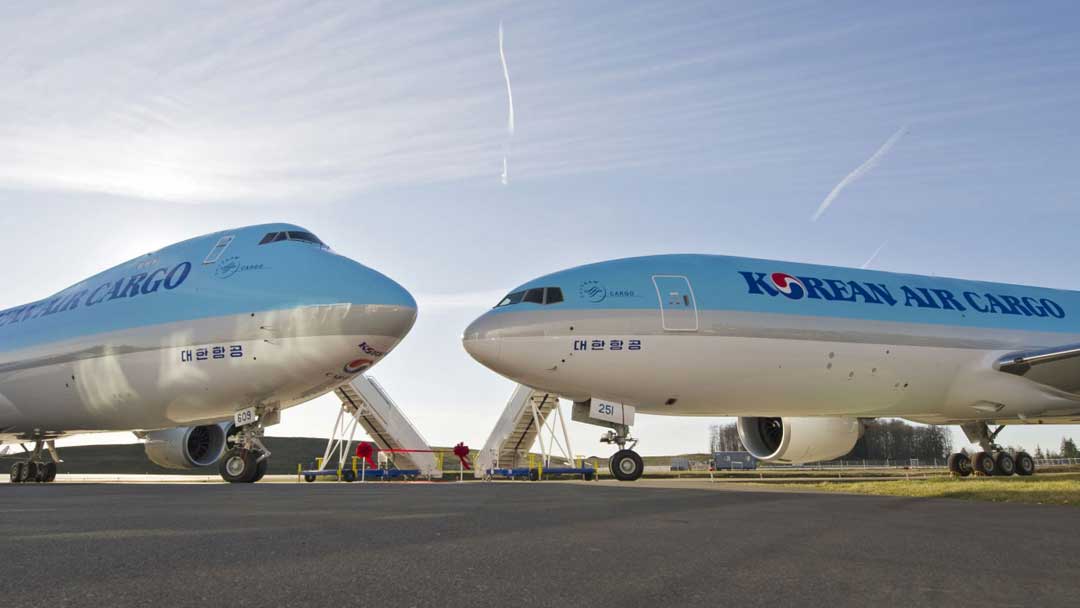Hanjin KAL and Korean Air have agreed to acquire Asiana Airlines for at KRW 1.8 trillion (approx. US$1.625bn. In order to secure this amount, Korean Air states that it plans to raise KRW 2.5 trillion worth of capital by issuing new shares early next year.
Hanjin describes the deal between the top two airlines of Korea as “a great momentum to restructure the Korean aviation market amid the unprecedented crisis faced by the global aviation industry due to COVID-19”.
According to the agreement, Hanjin KAL will receive a KRW 800 billion investment from Korea Development Bank – KRW 500 billion by issuing new shares to the bank through a third-party allotment and KRW 300 billion through the issuing of exchangeable bonds. Hanjin KAL will lend this KRW 800 billion to Korean Air immediately after receiving it from the bank in order to support both airlines before Korean Air’s capital increase.
Of the KRW 800 billion from Hanjin KAL, Korean Air will invest KRW 300 billion to acquire perpetual convertible bonds from Asiana Airlines and use an additional KRW 300 billion as a down payment for the KRW 1.5-trillion contract to acquire Asiana Airlines’ new shares.
Korean Air states that its initial investment will enable Asiana Airlines to secure the funding needed for operations until the end of the year, as well as improve its financial position by adding KRW 300 billion worth of perpetual convertible bonds to its capital assets.
The reason for Korea Development Bank’s investment in Korean Air through Hanjin KAL is to ensure Hanjin KAL “maintains its status as the airline’s holding company”.
Hanjin KAL said that it decided to receive Korea Development Bank’s investment by issuing new shares, rather than borrowing the entire KRW 800 billion from the bank, to maintain a stable financial structure. It also chose the third-party allotment method to secure the capital “quickly and safely”. Korea Development Bank’s shares will be ordinary shares with a voting right, and Korea Development Bank will monitor and make sure Hanjin KAL and Korean Air follow through with acquisition plans.
The main reason behind Korean Air’s decision to acquire Asiana Airlines at this time is to stabilise the Korean aviation industry, which like other regions is suffering from the COVID-19 pandemic. Hanjin states that because Korean Air’s financial status “could be endangered if the COVID-19 situation is prolonged”, restructuring the domestic aviation market is “inevitable” to enhance its competitiveness but mostly to minimise the injection of public funds.
Korean Air states that it will “ensure job security for employees at both airlines as well as relevant industries and support the development of Korea’s aviation industry” .
The merger of the two airlines is expected to further enhance the competitiveness of the Korean aviation industry with more streamlined route operations and lower costs. More slots secured at Incheon International Airport, a transport hub in Asia, through the consolidation of the airlines, the airline hopes may lead to an “increase in joint ventures with global airlines and greater transfer demand, which will also spur the growth of the domestic aviation industry”.

